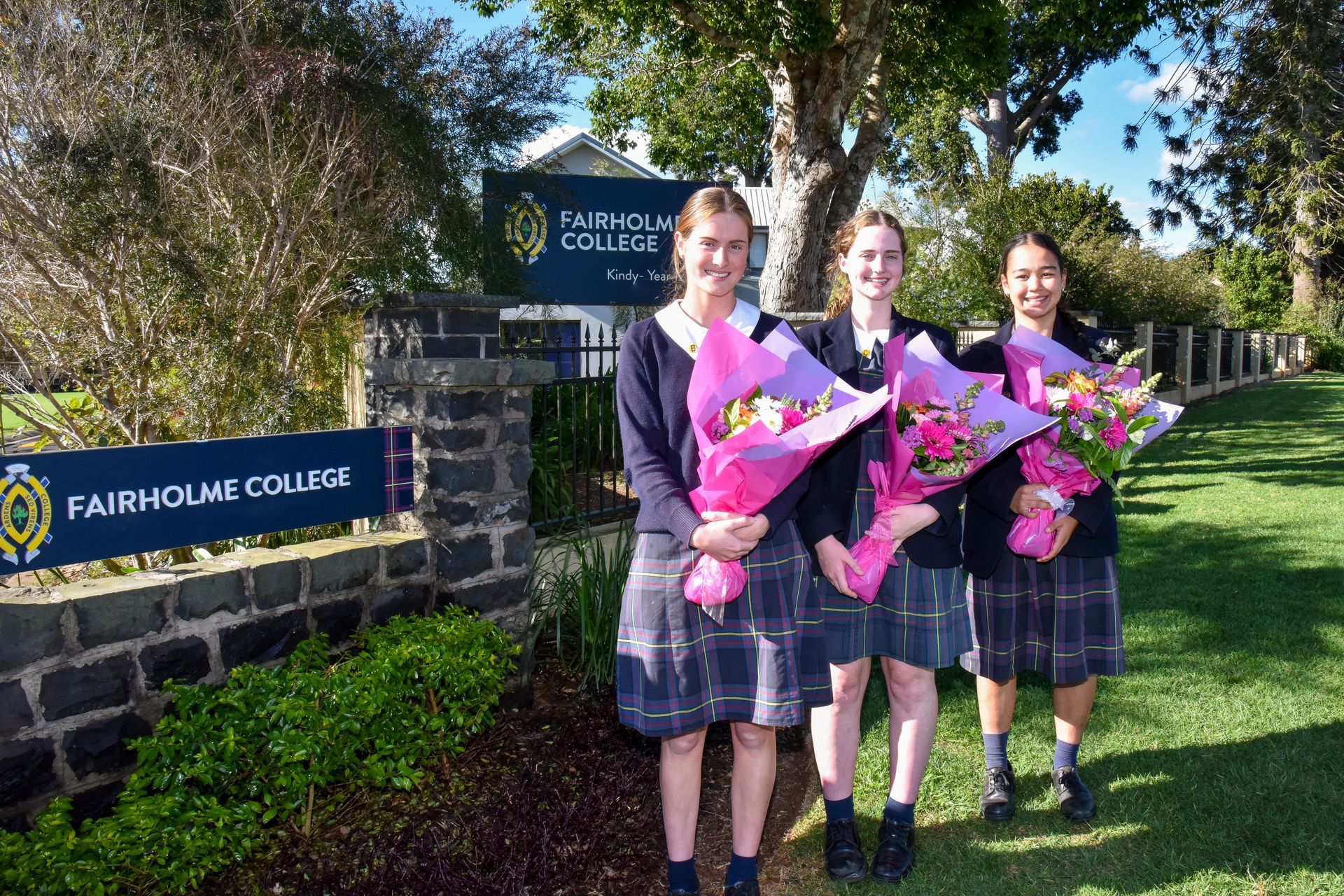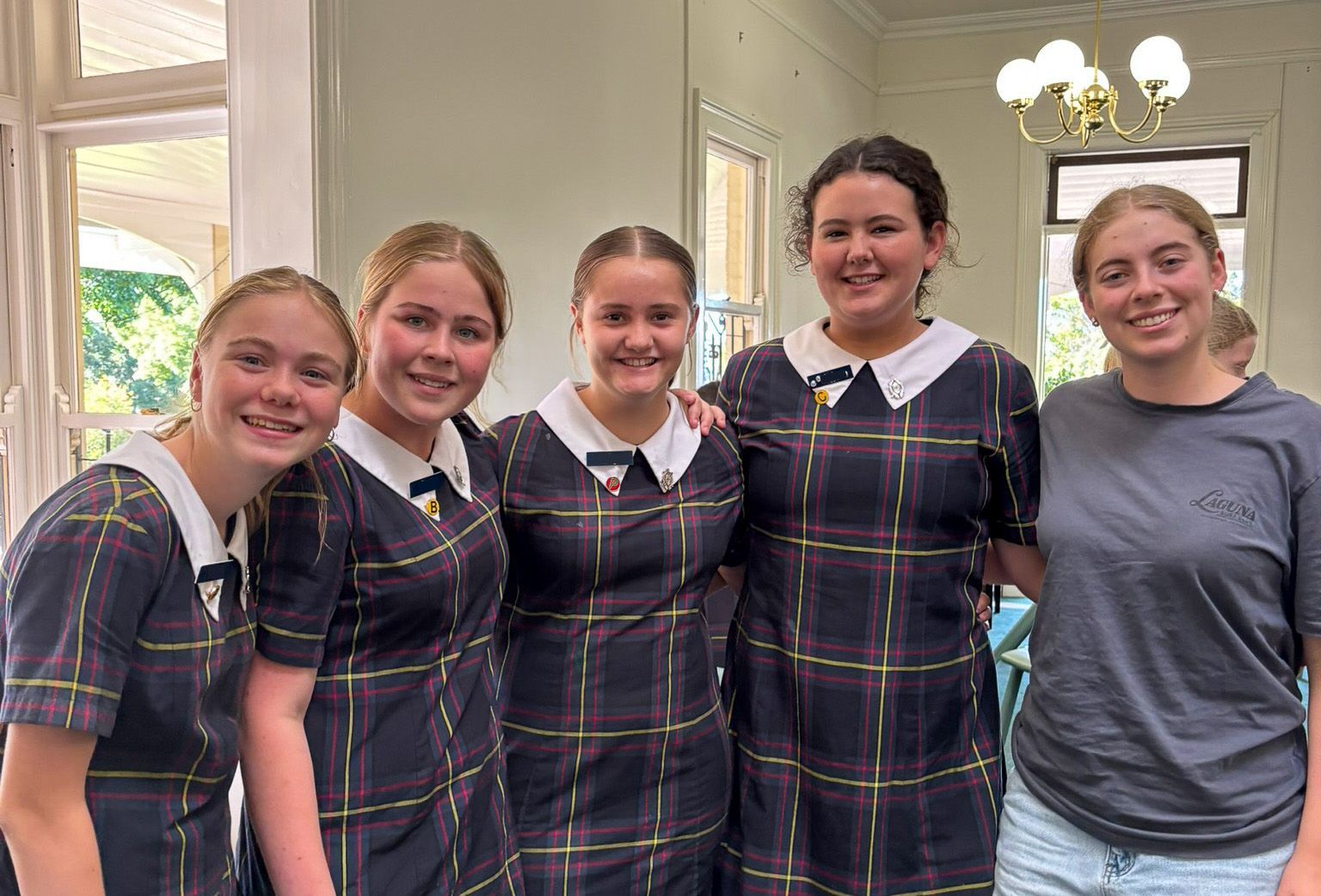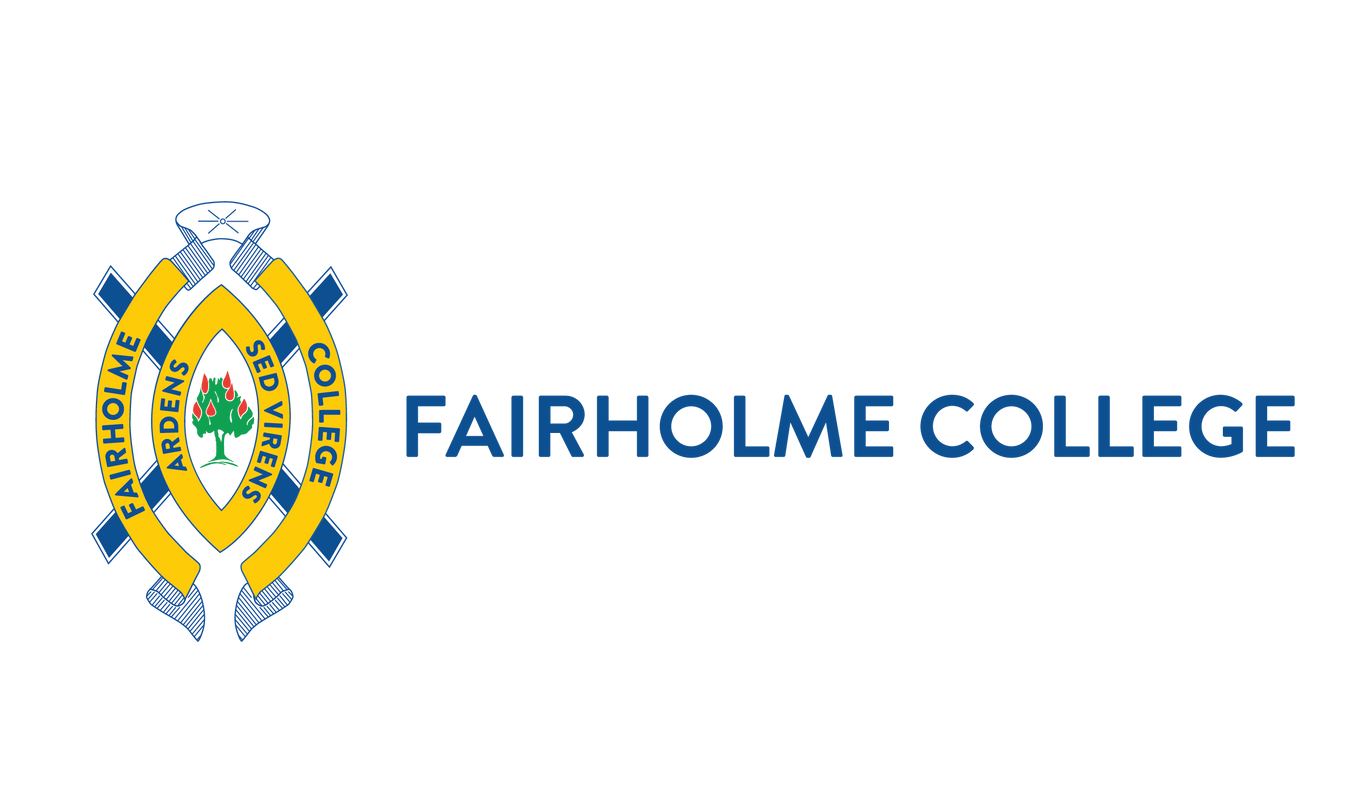Nostalgia
Nostalgia is a valid, honourable, ancient human emotion, so nuanced that its sub-variants have names in other languages that are deemed non-translatable. German's ‘sehnsucht’ and Portuguese's ‘saudade’ (Chabon, 2017).
Nostalgia: (noun), a sentimental longing or wistful affection for a period in the past. Author, Haruki Murakami, describes it in poetic terms as ‘a phantom dance partner or a shadow'. However, the most direct meaning ties explicitly to the Greek words for return and suffering: ‘nostos’ and ‘algos’ – the suffering caused by the yearning to return to one’s place of origin. We’ve all felt it. For our Boarders, the yearning for home can also be termed ‘homesickness’ or ‘grief and loss’. It can be a short-lived acute pain, it can be Murakami’s phantom dance partner who follows us as a shadow, or it can be that melancholy feeling that sits within us, blanket-like in its all-encompassing nature.
The last two years living with, and through, a pandemic, have given cause for nostalgia – a sharp and somewhat painful craving for the things we loved to do in the past but which simply aren’t possible now. We yearn for ‘the way things used to be’ and long to dip back to that other time; you know, the one we took for granted, possibly didn’t attend to carefully enough, ‘the time’ that now appears golden and alluring. Travel is that 'other time' for me – the thing I yearn for, remember sentimentally, and find myself dipping into for comfort. I admit, I glorify every moment and peer at each memory through tinted glasses of the deepest hue of rose. Nostalgia is not an uncommon practice. Researchers into the phenomenon of nostalgia, Wildschut et al. (2006) worked with undergraduate students and found that '79% of their sample described having nostalgic feelings at least once a week'.
When we consider our deep attachment to the past and our want to filter out anything unpleasant as we do so, then it’s understandable that we headed off to The Empire Theatre last Saturday evening with varying levels of trepidation. We wondered how you could have a musical that wasn’t standard in its format. Fairholme College and Toowoomba Grammar School presented their combined musical – The Show Must Go On on stage, but in film. And like other audience members, I delighted in the unexpected power of this new representation of the familiar. In many ways, it was very 2021 in creation, but in others, it provided a wonderful journey back in time: nostalgia captured in film. My arrival in Toowoomba in 2003 coincided with the combined school musical Anything Goes and I came to understand very quickly that musicality in this city is celebrated, revered and approached with a professionalism far beyond our population size. I’ve seen each musical since. I’ve loved each one for different reasons – different songs, different staging, different directorship – but I have genuinely loved each one.
This year’s The Show Must Go On has taken on a different place in my musical memory trove. My added layers of appreciation link to the way in which Director, Katrina Bailey, melded her narrative to capture through both the present, and the nostalgic past, the strong partnership between Fairholme and Toowoomba Grammar as represented through The Arts.
Audience members were caught in that fragile, precious eclipse between now and then. We watched as current and past students interfaced with the storyline; it felt that we were watching an on-stage and in-film presentation, concurrently. Perhaps there were some nostalgic yearnings for a traditional musical format but, more significantly, we had entrée into the golden nostalgia of the past. A pandemic changes things, but not all things, and not always things that matter.
I am so grateful to the staff, students and parents who enabled the show ‘to go on’. I am grateful for the ability to sit amongst a live audience, to see a filmed production and one that did what The Arts does best – emphasised its power to make us feel connected. And here is where nostalgia departs from the narrative because I did not feel wistful nor have a longing to return home to musicals that have always been; instead, I delighted in the inherent depth of feeling that good theatre evokes. Now there’s something to be nostalgic about… into the future.
Dr Linda Evans | Principal
References
Cavanagh, S. R., Glode, R. J., & Opitz, P. C. (2015). Lost or fond? Effects of nostalgia on sad mood recovery vary by attachment insecurity ‘Frontiers in psychology’, 6, 773.
Chabon, M. (2017). The True Meaning of Nostalgia ‘The New Yorker’. March 25, 2017
Wildschut, T., Sedikides, C., Arndt, J., & Routledge, C. (2006). Nostalgia: Content, Triggers, Functions. ‘Journal of Personality and Social Psychology’. 91. 975-93. 10.1037/0022-3514.91.5.975.
More News…







